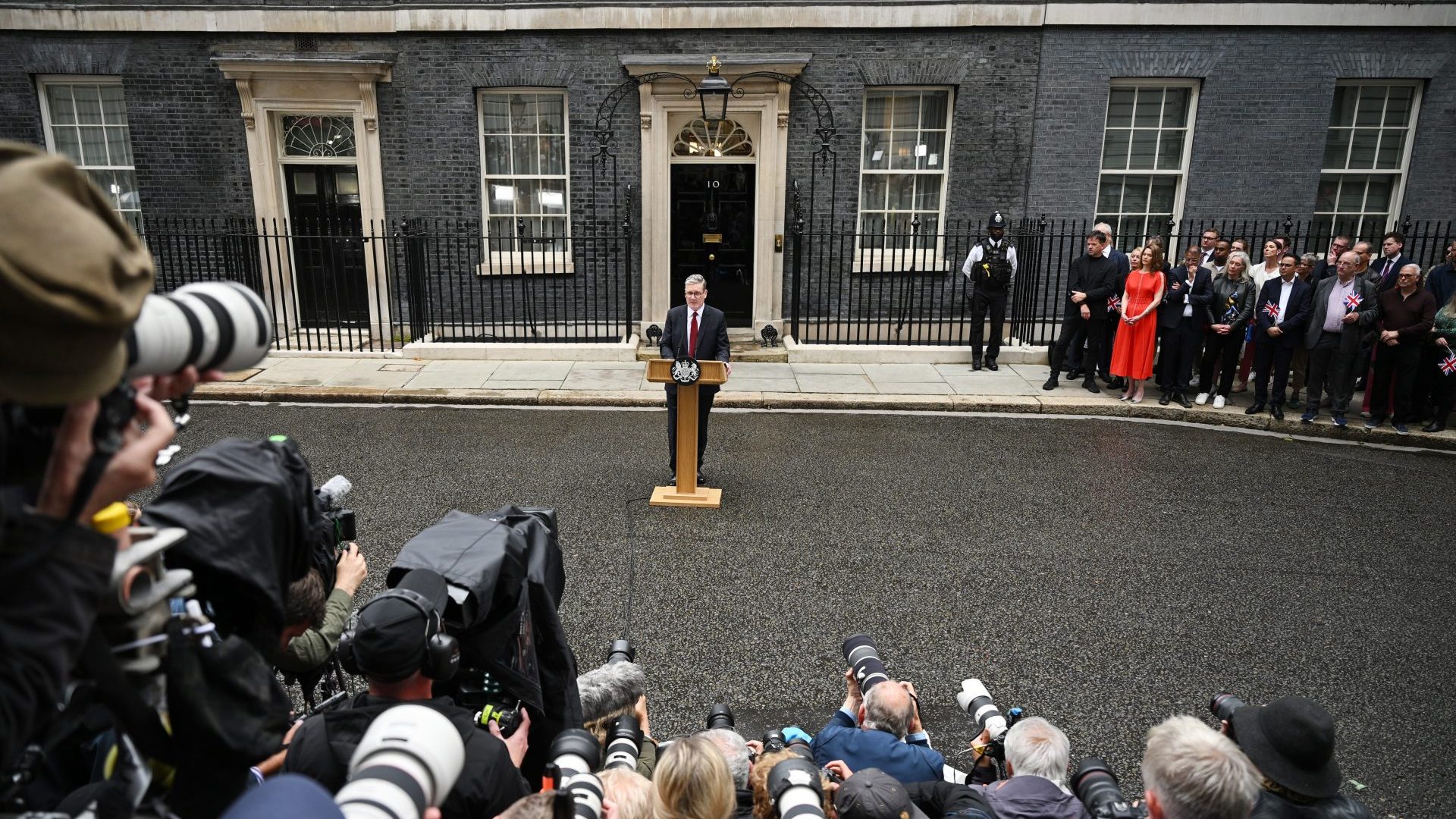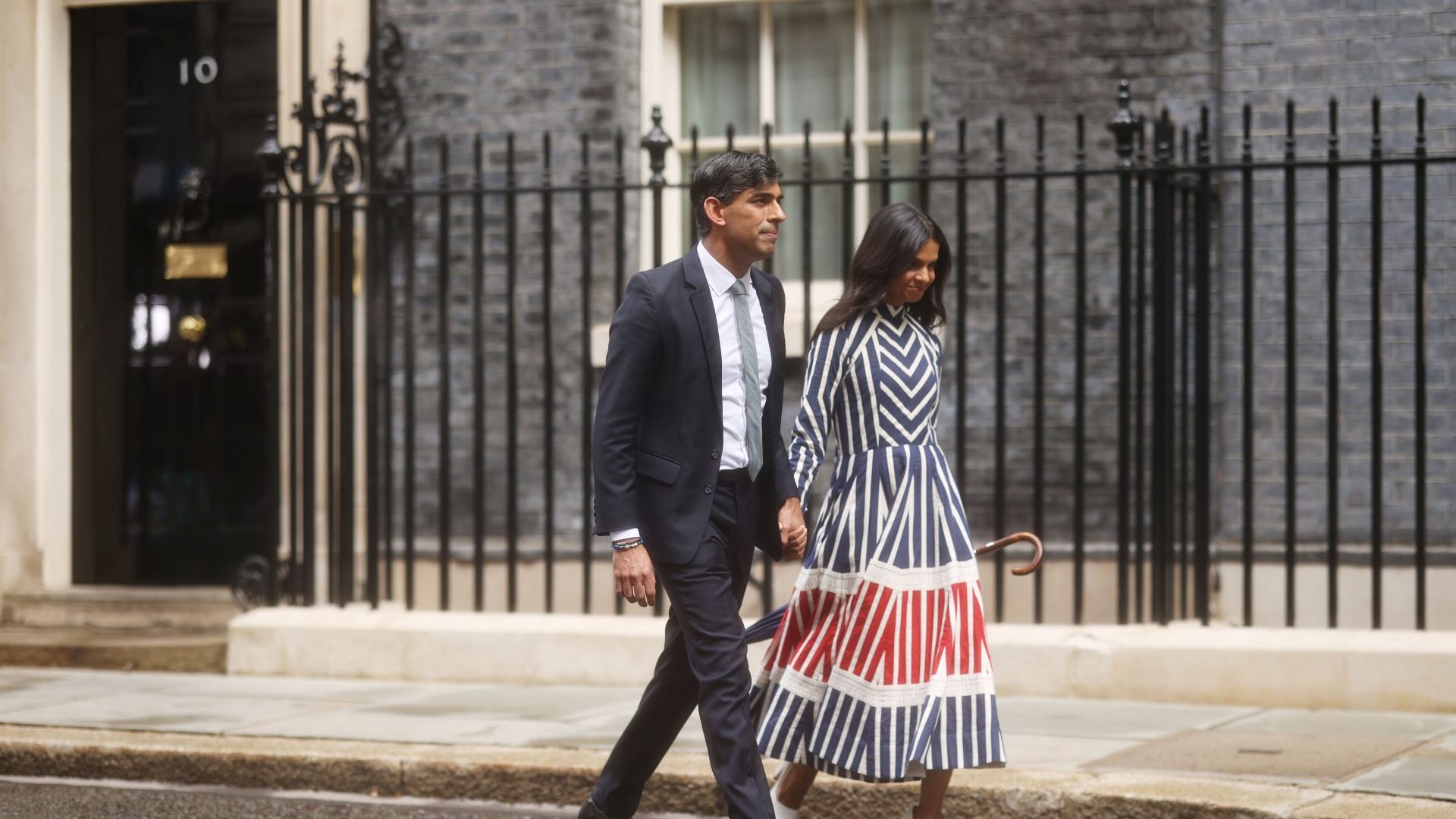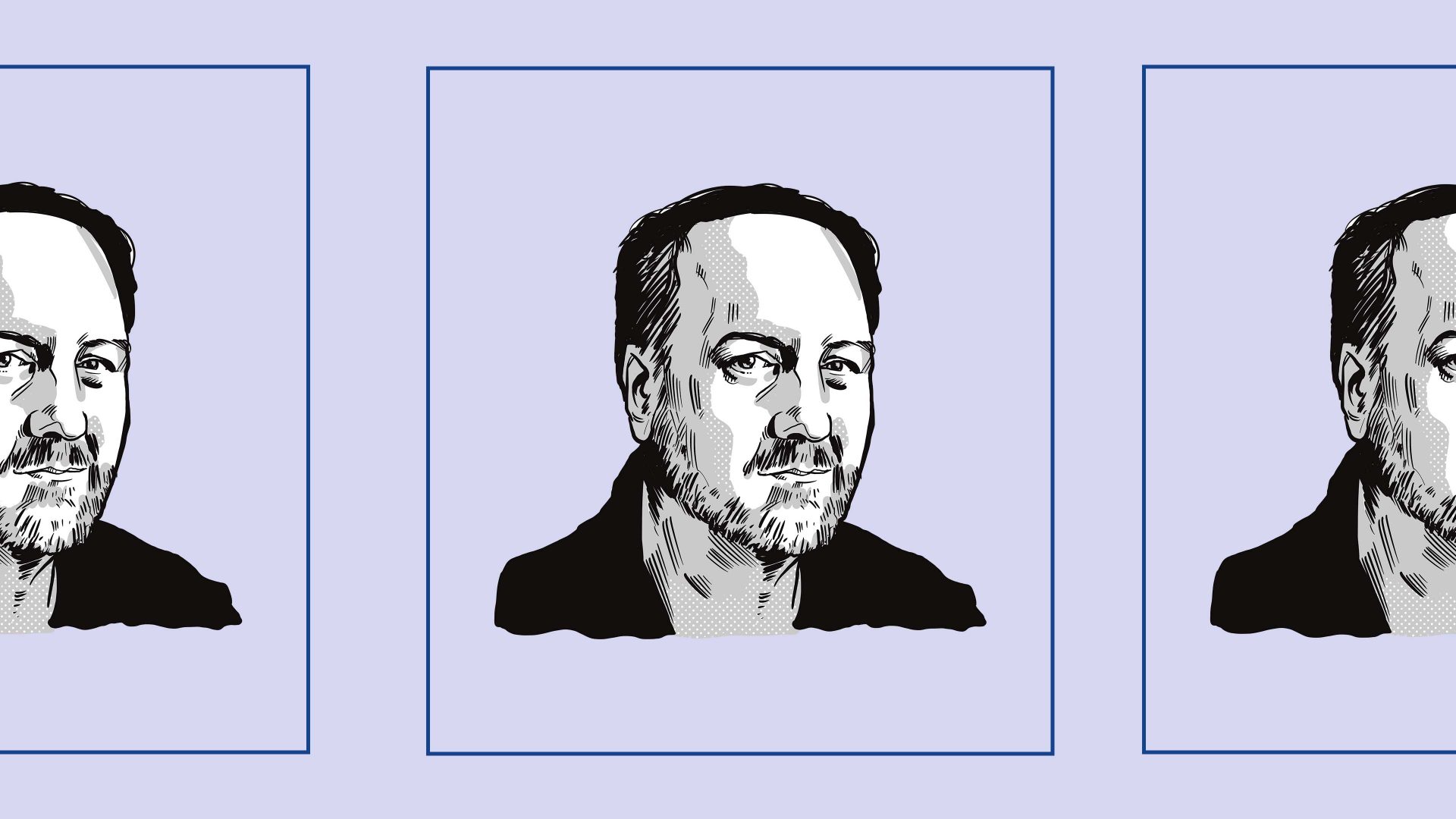Here is the question: is Keir Starmer’s new government, with its thumping 174-seat majority, in the vanguard of the international battle to defeat and supplant hard right populism? Or is the UK simply a few years behind those nations where nationalism is entrenching itself? Is Labour’s triumph the shape of the future, or a last hurrah of 20th-century social democracy?
At his first press conference as prime minister on Saturday, Starmer was poised, businesslike and already in his element as the nation’s administrator-in-chief. Having appointed most of his senior ministers, he declared himself “restless for change”; promised “raw honesty”; and echoed the blunt verdict of the new health secretary, Wes Streeting, that the NHS is “broken”.
At an absolute minimum, it was a refreshingly grown-up contrast to the infantilism, tetchiness, bombast and deranged ideology that defined the Johnson-Truss-Sunak years.
In the US, meanwhile, Joe Biden’s interview on Friday with ABC’s George Stephanopoulos conspicuously failed to quell the panic arising from the president’s dismal debate performance on June 27.
In his answers, Biden was like a benign version of Donald Trump, full of hubris and hyperbole, insisting that, as the man “running the world”, he must be in good cognitive shape (a non sequitur if ever there was one). As things stand, given his Democrat opponent’s resolute refusal to step aside, Trump is – incredibly – on course to win a second term in November.
In last month’s elections to the European Parliament, far Right parties made significant gains in France, Germany, Austria, Greece and Italy. Last week, a new Dutch government including five ministers from Geert Wilders’ far right Freedom Party was sworn into office. And in France on Sunday, Marine Le Pen’s National Rally was kept at bay in the second round of snap parliamentary elections only by an unstable coalition of the Left.
From a handful of seats in 2017, the RN now has 143. Whether or not Le Pen is right to claim that “victory has only been delayed”, her party is now an established and resilient force in French politics.
To be fair: Starmer is fully aware that his new administration is engaged in a global as well as a national battle against the populists; to show that radical centrism has progressive answers to the questions angrily posed by the right.
As he told the Guardian’s Pippa Crerar on the Monday before the election: “It’s no good saying: ‘Well, I don’t like the rise of populism and nationalism.’ You have to understand why that’s happening. It’s based in this disaffection, this sense that politics cannot be a force for good and you can’t trust politicians”.
The asymmetry between Labour and Reform UK could hardly be more pointed. The governing party won 411 seats, while Nigel Farage only has four colleagues in the Commons.
Yet, as the survivors of the Conservative disaster retreat to conduct a private civil war over the party leadership, all eyes will be on the confrontation between Starmer and the new MP for Clacton to see, over time, whose worldview prospers and gains further traction.
By every conventional measure – which is to say, by the rules of the old politics – this should not even be an issue. The new government has at its disposal the full might of the British state and a majority that will insulate it from parliamentary obstruction.
One can simultaneously object that Starmer’s objectives are insufficiently ambitious, and acknowledge that they are clearly stated, costed and overseen by an impressive cohort of ministers and newly recruited outside enforcers.
It is intrinsic to the new PM’s approach that ideology and rhetoric are the flotsam and jetsam of politics and that method and persistence are what count. Outside No 10 last Friday, promising to stand for “stability and moderation”, he warned that “changing a country is not like flicking a switch” and that the task he faced would have to be accomplished “brick by brick”.
When assessing Starmer’s chances, one is also obliged to acknowledge his remarkable record. He inherited a party that had suffered its worst defeat since 1935, assuming its leadership in the middle of a pandemic, and, in four years, secured its first general election victory in 19 years with a colossal majority. He has consistently beaten the odds and may well continue to do so.
At the same time, the scale of the odds this time are formidable. Having put economic prudence at the heart of the Labour election campaign, he and Rachel Reeves, the new chancellor, have severely limited their fiscal options and – as things stand – will have to make painful departmental spending cuts in their first few years.
The planning revolution that Labour promises is much needed, a necessary step on the road to economic renewal. But growth of the sort that the government needs takes years, not months, to be generated; sometimes decades.
And herein lies the problem. The necessary corollary of Starmer’s governing style is public forbearance; a readiness to give the PM and his colleagues the time they need to rebuild. On this score I am less confident.
Patience has more or less been ditched as a primary faculty of our species. In 2018, for instance, the average human attention span was found by researchers to have dropped from 12 seconds in 2000 to a mere eight seconds – shorter than that managed by the average goldfish.
We carry devices in our pockets that give us almost instant access to groceries, household goods, cabs, tickets, dates, just about anything for which a market can be created. And yet millions of people are forced to wait more than two weeks for a GP appointment; have to practise DIY dentistry; cannot find affordable housing; despair of the creaking transport system, social care provision and the sewage in the water.
One of the many transformative consequences of the digital revolution has been a confusion of consumerism and citizenship. Much has been made of the historically low share of the vote – 33.7% – with which Labour won its huge majority. But more interesting in the context of an election billed as a great moment of “change”, is the poor overall turnout (only 60%).
The combined share of the vote of the two main parties was the lowest since 1945. Clearly, the electorate has little enthusiasm for the postwar political system and a diminishing faith in its capacity to achieve anything at all.
The voters absolutely wanted rid of the Tories (as, in 2019, they demanded an end to arguments about Brexit and to Jeremy Corbyn’s leadership). But beyond that? Can one honestly say that the election was a ringing endorsement of liberal democracy and its capacity to deliver change that affects day-to-day lives?
It is this disillusionment and disengagement that feed populism. Farage’s response is not plausible policy but emotional agitation.
Like Trump, he does not quell resentment, but encourages it. He does not solve problems but loudly attributes blame: to the liberal elite, the “deep state”, civil servants, “wokery”, “net zero fanatics” and, especially, migrants.
In his fine biography of Starmer, Tom Baldwin notes his subject’s “disavowal of the performative side of politics”. He is a robust believer in the rule of law, evidence-based policy, the power of forensic argument, the need for change built on solid foundations rather than sensationalist gimmicks and political fireworks.
Farage, in contrast, is a performer through and through, a political Barnum. At the count in Clacton early on Friday, he declared that Reform’s success in this election was only “the first step of something that is going to stun all of you”.
He promises theatricality, loathing of the enemy, the growl of tribal affirmation: the diametric opposite of Starmer’s restrained, methodical, “brick by brick” strategy.
In spite of its modest haul of seats in the Commons, Reform secured four million votes last week and finished second in 98 constituencies.
The Farage phenomenon could indeed fizzle out at any time: that’s how showbusiness works. But it is idle to deny the momentum that this dangerous politician has accumulated since he became leader of his party on June 3.
Like Trump, he is a vulture circling over the suffering and the exasperated, ready to turn their anger into hate, and their frustration into electoral support. He already sees himself as the founder of MAGA UK, turning the ratchet of the hard right by any means necessary.
There are deeper trends that should give us pause, too. According to a Pew Research Center survey published in February, 47% of those with incomes below the median in the UK now support authoritarian systems. In the population as a whole, the figure is 37%. In an election year, that’s a chastening statistic.
Niels Bohr’s quantum theory of complementarity teaches us that two descriptions of reality can coexist. In this case: there are plenty of reasons to feel optimistic, to see the election of the new government as consequential in itself and perhaps the first step on a road towards authentic regeneration.
It is Starmer’s job to jolt the public out of the habit of disappointment.
As Yair Zivan writes in his excellent new collection of essays, The Centre Must Hold: “Humanity has repeatedly shown a capacity to overcome obstacles that seemed insurmountable when inspired by well-governed societies infused with hope”.
At the same time, and particularly in this global setting, we must be more vigilant than ever. Even as we urge Starmer on, we can take absolutely nothing for granted; even as we will the new government to do what needs to be done, we must recognise that liberal democracy itself is no longer the default position.
As Baldwin put it in the election night montage for last Friday’s episode of The Two Matts: “Politics is now a battle between crazy and not crazy. It’s not Liberal Democrat, Tory and Labour. It’s basically crazy, mad motherfuckers versus democracy”.
Exactly.




